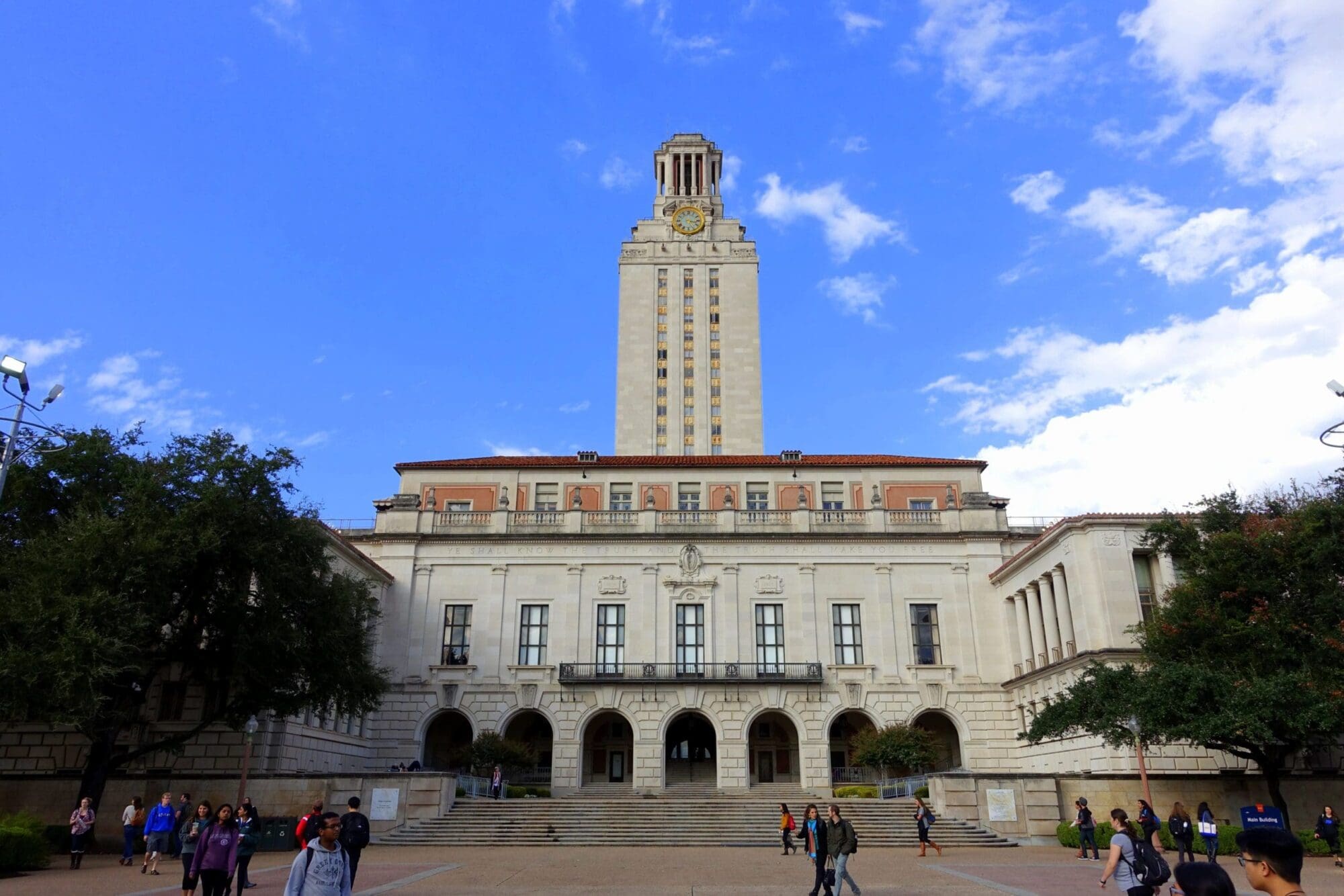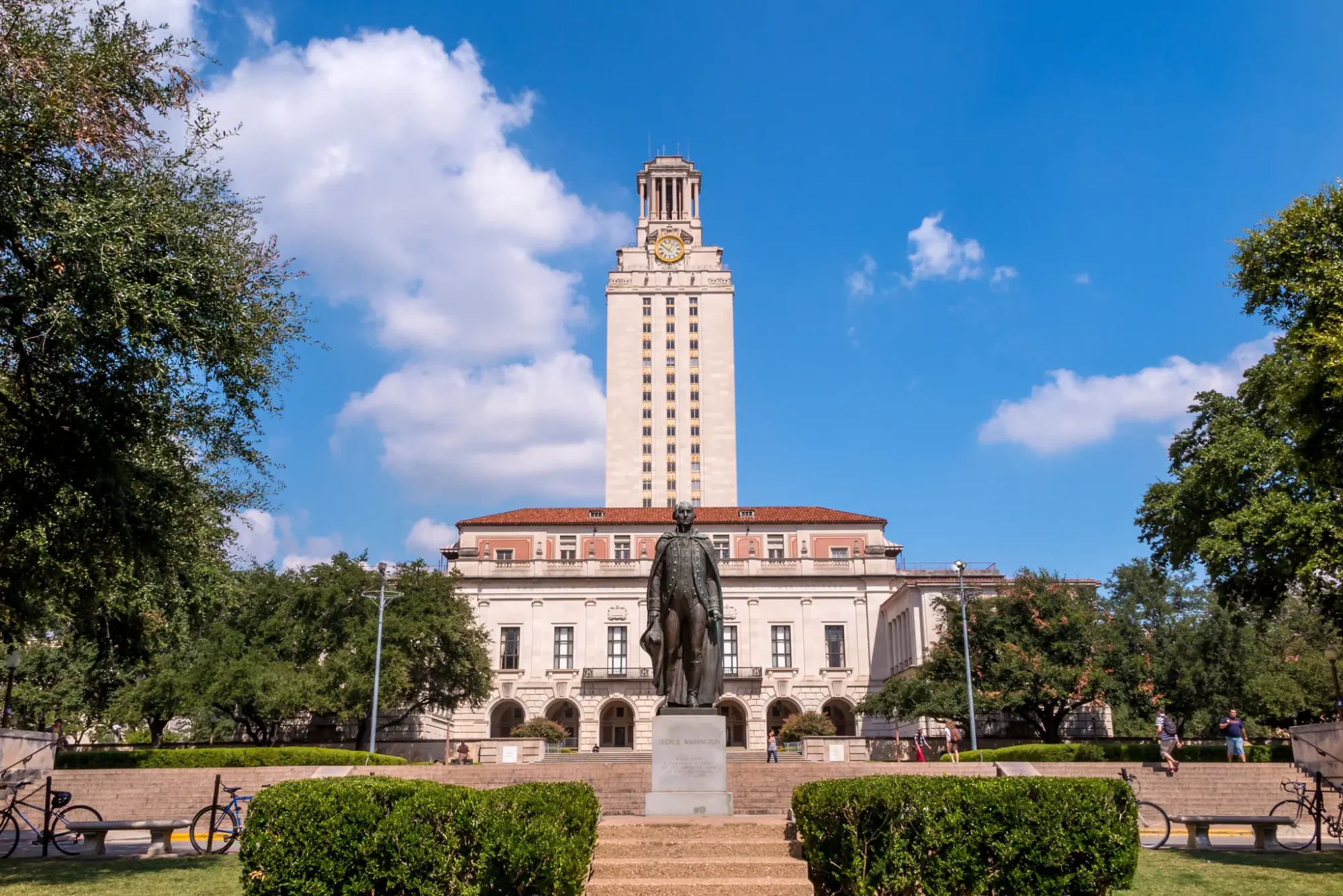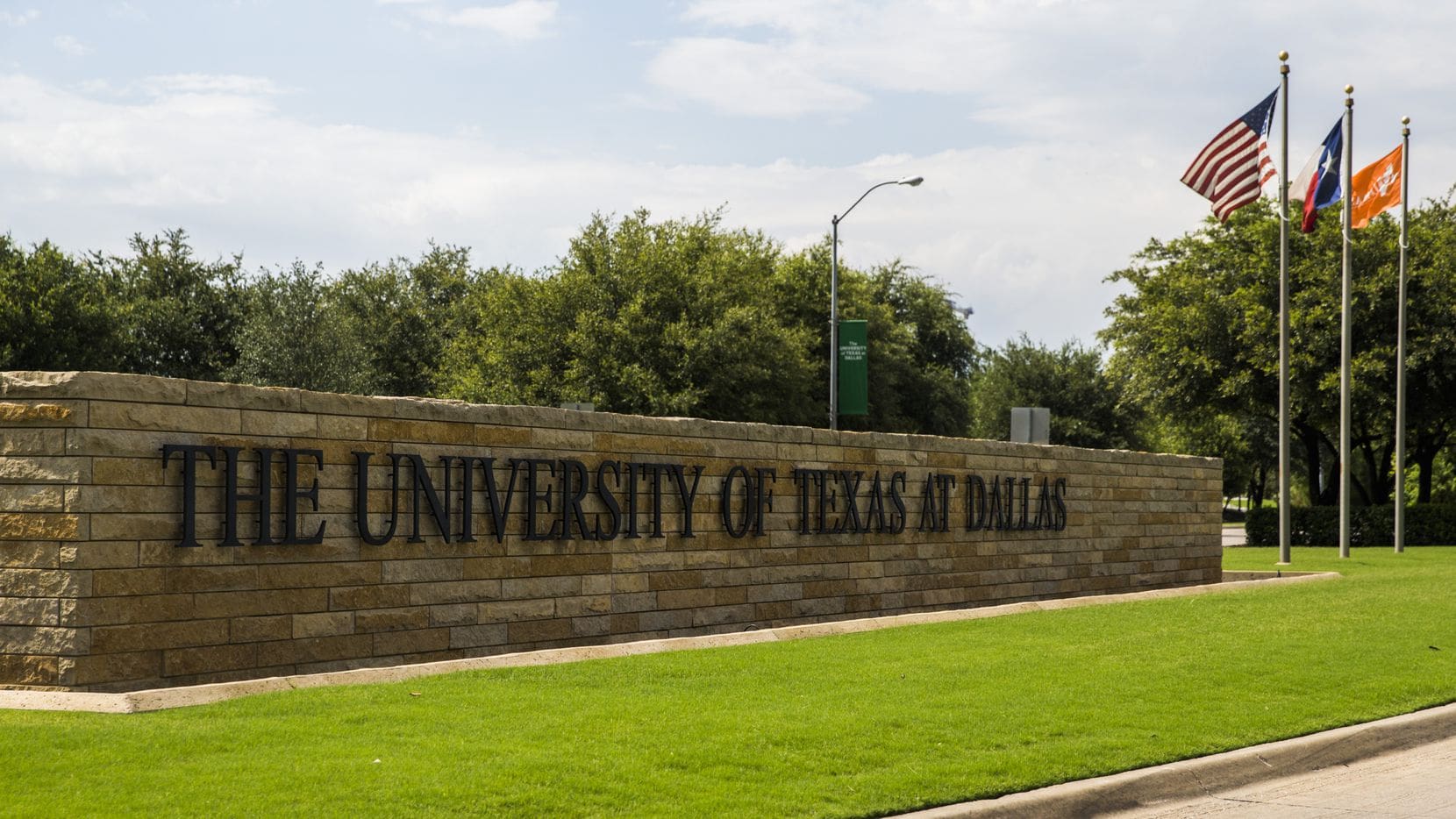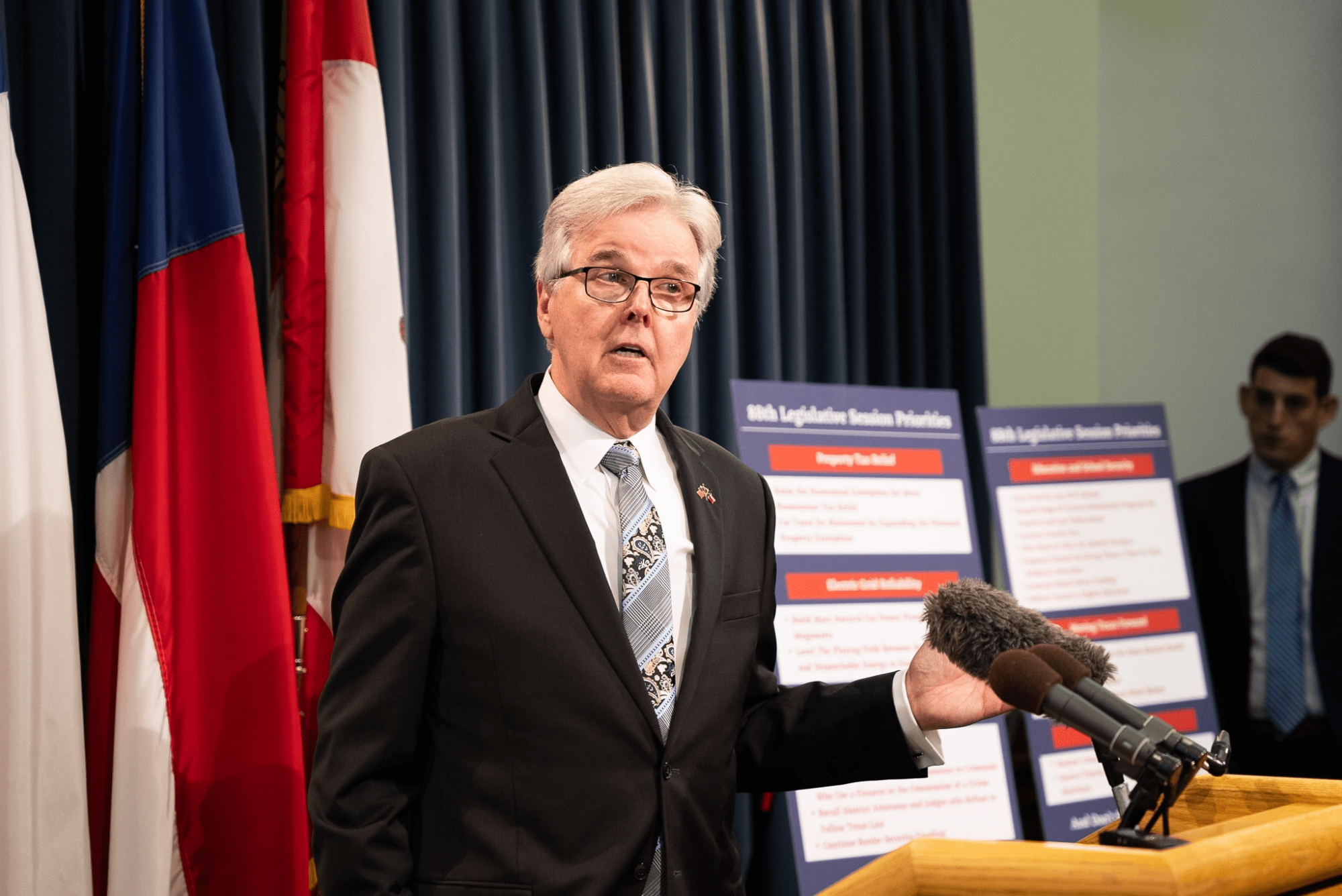A finance professor from University of Texas is suing the institution’s officials for violating his First Amendment rights.
In attempts to silence the professor for speaking out on controversial issues, university administration threatened his job, pay, institute affiliation, research opportunities, and academic freedom.
Richard Lowery, Ph.D., a tenured finance professor at University of Texas at Austin McCombs School of Business, said in the complaint, “The officials at the state’s flagship university violated his constitutional right to criticize government officials.”
In the suit, Lowery claims the university administration “harmed his right to academic freedom.”
Lowery’s suit explains that the First Amendment “protects the right of public university professors to engage their colleagues and administrators in debate and discussion concerning academic matters, including what should be taught and the school’s ideological direction and balance.”
According to the Institute for Free Speech, Professor Lowery is “well known” for his “vigorous commentary on university affairs.” Lowery’s articles have been featured in The Hill, The Texas Tribune, the Houston Chronicle, and The College Fix.
Lowery has also been known to use social media and online opinion articles to “publicly criticize university officials’ actions, and ask elected state-government officials to intervene. He has also used such tools to participate in the sort of academic campus discourse that faculty traditionally pursue.”
In his articles criticizing UT officials, Lowery specifically calls them out for their approaches on issues such as “critical race theory indoctrination, affirmative action, academic freedom, competence-based performance measures, and the future of capitalism.”
On multiple occasions, Lowery reported that university administrators are using diversity, equity, and inclusion (DEI) requirements to filter out “competent” teachers and professors who disagree with the DEI ideology prevailing on campus.
In response, Lowery claims university administrators “responded with a campaign to silence” him, where they threatened his job, pay, institute affiliation, research opportunities, academic freedom, and labeled his behavior as inviting violence or lacking in civility.
The suit continues, saying school officials “also allowed, or at least did not retract, a UT employee’s request that police surveil Lowery’s speech, because he might contact politicians or other influential people.”
“Lowery got the message,” the suit says.
In response, the professor is seeking to “vindicate” his right of free speech, asking the court to declare the administration’s actions as unconstitutional and restore his First Amendment rights to speak on matters he was previously prevented from speaking on.
The lawsuit was filed in the Austin federal court, where Lowery is being represented by America First Legal.
The University of Texas Board of Regents did not respond to Texas Scorecard’s request for comment.
According to the Texas Education Code, university boards of regents are appointed by the governor and approved by the Texas Senate. Gov. Greg Abbott is expected to announce a new regent shortly.




